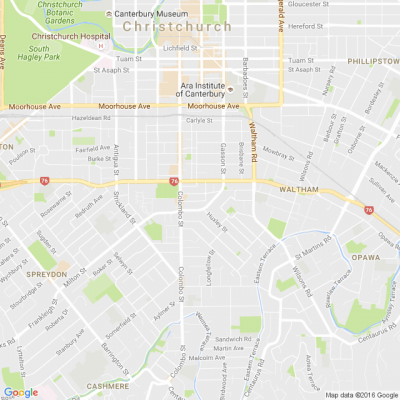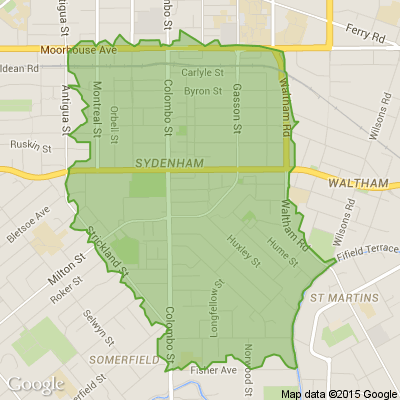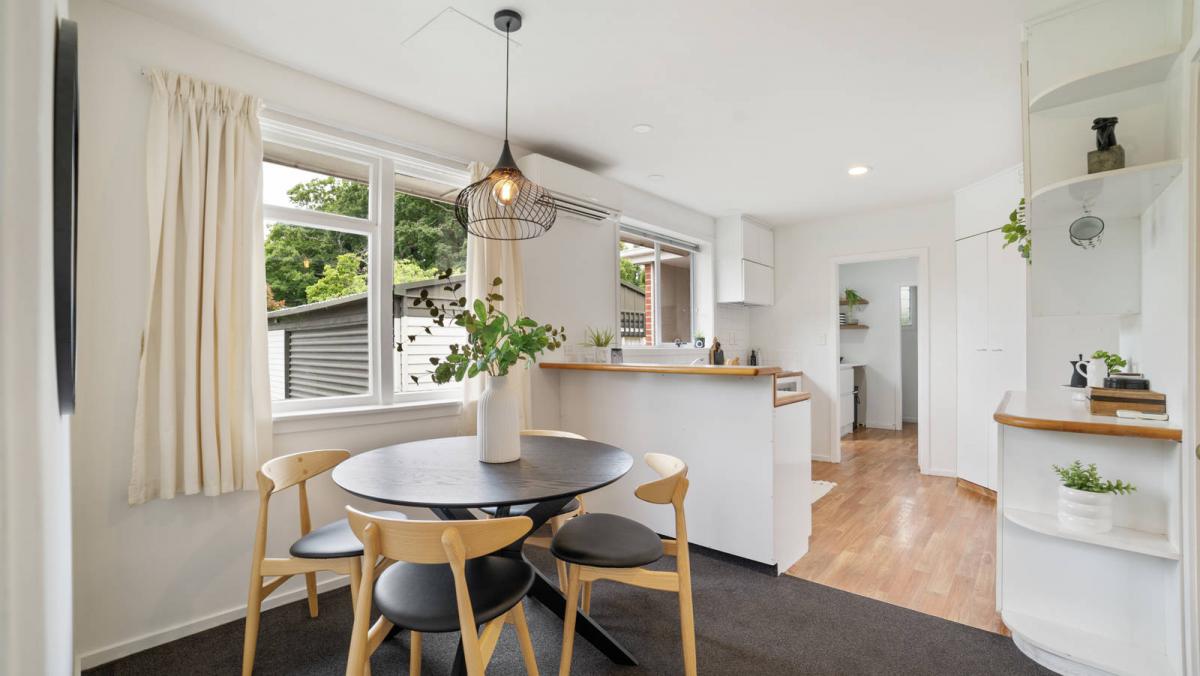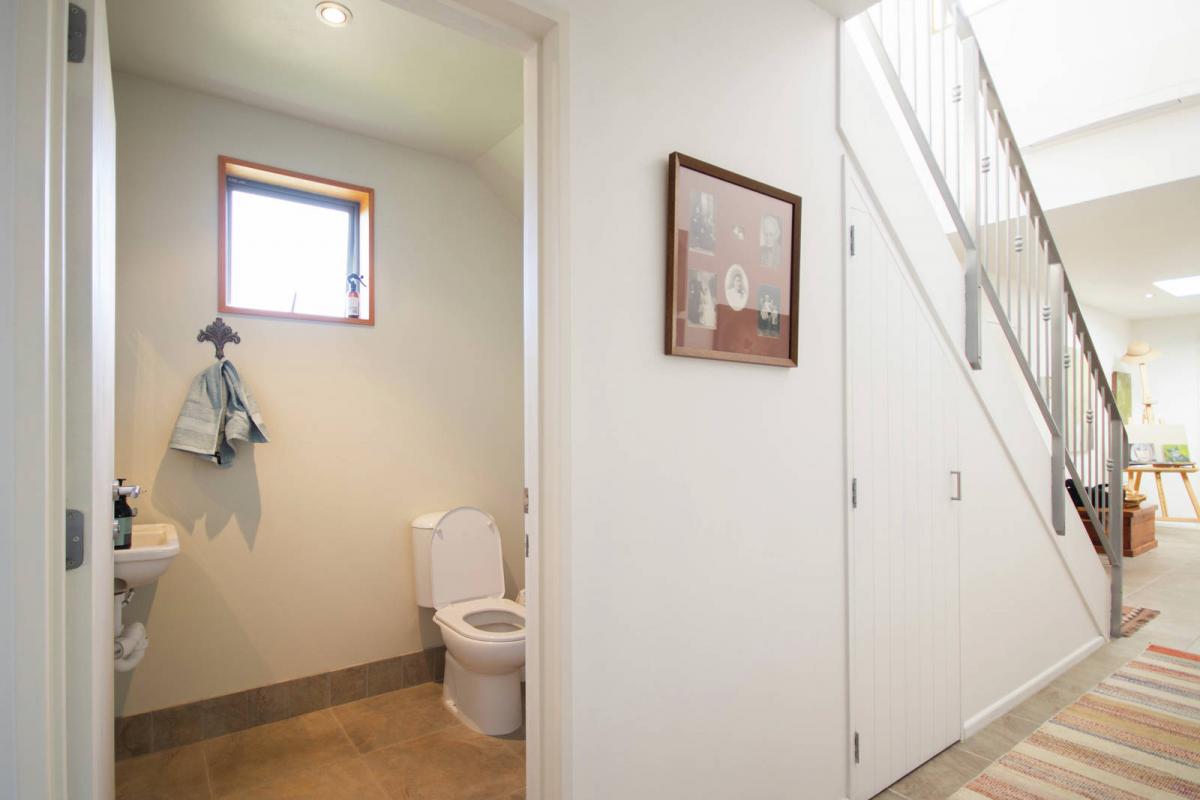The Jacinda Question - can employers ask job applicants about their baby plans?
After weeks of guessing and a hard fought election, Jacinda Ardern, Labour’s youngest ever leader is now Prime Minister of New Zealand. She heads a Labour led government with a New Zealand First and Green party coalition.
She made international news during the election campaign for refusing to be drawn on whether she planned to have children and for criticising the AM Show’s Mark Richardson, when he suggested that all employers have a right to know this when hiring a woman.
It raised an important question for employers. Is it ever ok to ask a female candidate about her baby plans?
The answer here in New Zealand is clear. Discrimination on the grounds of pregnancy, childbirth and family status is prohibited. A range of legislative protections to this effect are enshrined in the Human Rights Act 1993, the Employment Relations Act 2000 and the Parental Leave and Employment Protection Act 1987.
As pregnancy can raise the possibility of altered working conditions and parental leave, some employers may like to know of a woman’s plans, but asking about that raises significant risk. Women must be treated the same as any other candidate in the recruitment process. Pregnancy, or potential pregnancy, should not be taken into account when deciding who to hire. There is generally no lawful reason for an employer to ask such questions of a candidate therefore.
This most likely also applies where the position is for a fixed term or where an employer has health and safety concerns given the pregnancy.
Simply assuming that a pregnant woman may not work for the full period of a fixed term of employment is likely to fall foul of our employment laws. A court would likely say that it cannot be anticipated how much parental leave she may wish to take, or even be entitled to.
From a health and safety perspective, it would be rare that work which is safe for other employees would pose a risk due to pregnancy. Even where this is so (for example say where the work involves heavy lifting or exposure to chemicals) there are usually alternatives open to employers. They include temporarily changing an employee’s duties or directing her to take early parental leave. The New Zealand courts are likely to prefer such alternative arrangements being implemented, over say a scenario where a woman is denied access to employment in the first place.
Men are also protected from discrimination on grounds of family status and are able to share parental leave with the mother. In fact, any person who is the primary carer of a child can now apply for leave from employment where certain conditions are met given changes to parental leave legislation in 2016.
This all means baby plans should not be a topic for discussion at interviews in job situations, no matter who is applying for the job.
We also add that the law surrounding parental leave was recently changed, as noted above, and can be tricky to navigate. Our employment team can help you make sure that the right procedures are being followed.
If you want to know more please contact Geraldine Biggs, Associate, in our Litigation Team, Ph 03 379 4660 or via the email link below.
We're talking new year resolutions...
Tidying the house before going to bed each night, meditating upon waking or taking the stairs at work.
What’s something quick, or easy, that you started doing that made a major positive change in your life?

What word sums up 2024, neighbours?
If 2020 was the year of lockdowns, banana bread, and WFH (work from home)....
In one word, how would you define 2024?
We're excited to see what you come up with!








 Loading…
Loading…















